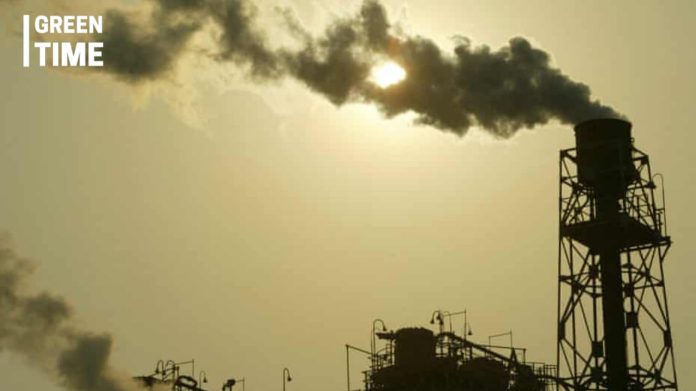Foreign aid for fossil fuels projects skyrocketed in 2022, rising from $1.2 billion in 2021 to $5.4 billion. This alarming growth was highlighted in a report by the Clean Air Fund, a nonprofit focused on climate issues.
Jane Burston, CEO of the Clean Air Fund, described the findings as a “wake-up call.” She warned that supporting polluting industries undermines global health and climate stability. The report urges immediate action to shift funding towards sustainable energy projects.
Despite international pledges to reduce emissions and fossil fuel reliance, the data tells a different story. Adalberto Maluf, Brazil’s national secretary of the urban environment, voiced his concerns. He emphasized that public funding is insufficient and rarely reaches those most affected by climate change. Maluf highlighted that “it doesn’t have to be this way.”
The report identified the top five financiers of fossil fuel projects from 2018 to 2022. These institutions include the Islamic Development Bank, Japan International Cooperation Agency, and the Asian Development Bank. The European Bank for Reconstruction and Development and the International Finance Corporation also played major roles in funding.
The G20 nations pledged to phase out “inefficient” fossil fuel subsidies as early as 2009. However, their progress has been slow, and fossil fuel aid has persisted. In 2022, the G7 agreed to end taxpayer funding for projects relying on coal, oil, and gas. Yet, these commitments seem disconnected from the financial trends observed.
Some fossil fuel aid targets industries without clean alternatives, such as fertiliser and cement production. However, the energy sector, where renewable options are available, continues to receive substantial funding. The International Energy Agency (IEA) points out that poor countries face high capital costs for clean energy projects. These financial challenges often keep them dependent on fossil fuels.
As the world looks towards the upcoming climate summit in Azerbaijan, the report urges negotiators to prioritize air quality. Outdoor air pollution causes 4 million deaths every year. Despite this, only 1% of foreign aid goes towards clean air projects.
“Tackling air pollution is essential,” Burston said. “It protects both the climate and public health.” With so much at stake, climate funding must shift towards clean, sustainable solutions.
The report’s findings add urgency to global climate talks, especially as the COP30 summit approaches. Global leaders face mounting pressure to act, with air quality and climate stability on the line.

